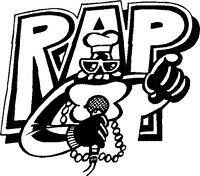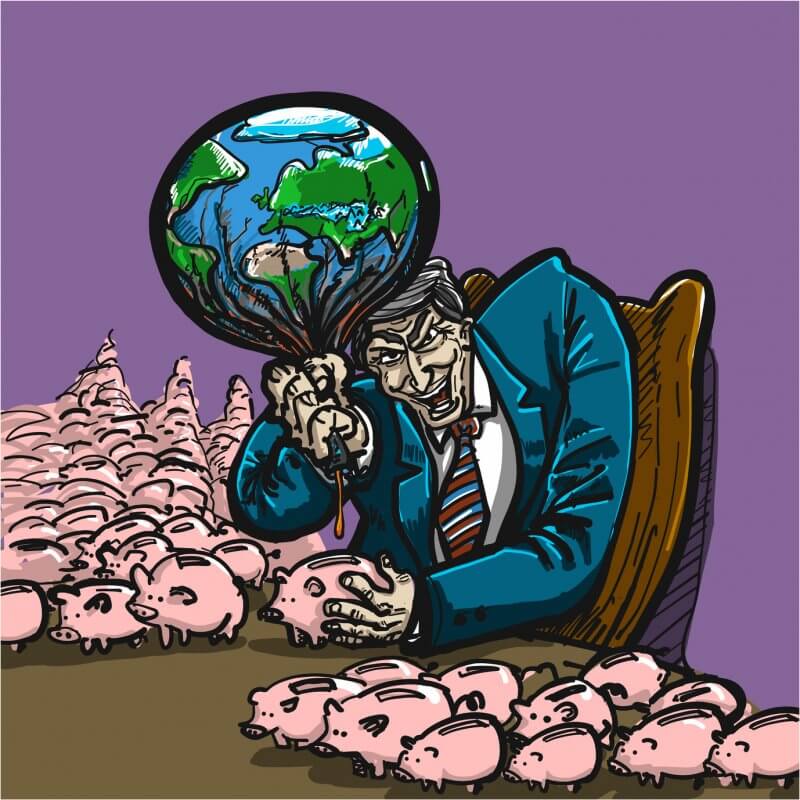 A criminal is understood to be any individual who commits a crime or is involved in some type of crime. As a qualifying adjective, the term can also be applied to criminal organizations as well as those that fight against the former. Finally, an act or fact that interrupts the design of the law and implies the fulfillment of some type of crime can also be criminal.
A criminal is understood to be any individual who commits a crime or is involved in some type of crime. As a qualifying adjective, the term can also be applied to criminal organizations as well as those that fight against the former. Finally, an act or fact that interrupts the design of the law and implies the fulfillment of some type of crime can also be criminal.
In general, the word criminal is used to refer to individuals who fall outside the social laws by committing different types of crimes or crimes. In this sense, being a criminal may mean having carried out a wide variety of criminal acts, among which we can point out robberies, homicides, attacks, acts of violence, violation of private property, disrespect for authority, destruction, treason, among so many others.
Since the beginning of the various forms of social organization, societies have needed to have laws and norms that govern life as a whole and that allow the natural development in order and tranquility of their members. The existence of these laws meant that someone could break them and thus become a possible danger to the community as a whole. Thus, for the criminal who commits a crime or crime, penalties and punishments are established relative to the type of act carried out.
Then, from the point of view of the Law, a crime is a conduct, omission or an action that in the current law of the corresponding place is considered anti-legal and is plausible to receive a punishment. Committing a crime will always violate the law
Many societies today have evolved towards more humane forms of punishment, although even today there are savage and bloody penalties such as the death penalty, different forms of torture or physical and psychological violence against the alleged criminal. One of the most basic and general forms of punishment is the separation of the criminal and his installation in areas of restricted access for the rest of the community known as prisons or detention areas. In them, criminals must remain locked up and, as far as possible, rehabilitate from their traumas and conflicts before being reintegrated back into society.
Perfect Crime
Although there are many who subscribe to the theory that the perfect crime does not exist and that the criminal act will always be unraveled in the long or short, who it was, how and why, it is worth noting that there are those who do believe in the perfect crime.
When a criminal event does not give way to any kind of suspicion, much less to the knowledge of its possible author, because it has been carried out with enormous planning and capacity, it is a perfect crime. That is to say, when the police, who are the force that usually investigate crimes, do not even have a clue of the crime in question, it is because it is a perfect crime, some say.
The orginazed crime
Organized crime is a concept that was born with the mission of designating those groups made up of several people, which have a more or less stable duration over time and whose main activity is the commission of crimes that bring them some type of economic benefit. Among the most emblematic cases of these times we can cite drug trafficking, illegal human trafficking and kidnappings.
In organized crime, an enormous sophistication prevails in the ways in which they perpetrate their attacks and of course, it is it that facilitates good results. There is also a hierarchical order that goes from the boss who is normally in charge of delineating and controlling the blows and below him are the common members who will normally be in charge of the workforce.
Another distinctive characteristic is that they engage in more complex criminal actions than a simple robbery of a house or a person in the middle of the street, but rather that they engage in activities that are difficult to carry out if human, financial and good logistics resources are not available, for example allow drug distribution on a large scale, kidnap a person and traffic people.
On the other hand, these criminal organizations usually deploy various strategies, also outside the law, such as extortion, murder, intimidation, among others, to win favors, eliminate competitors, to obtain financing or to skip justice , and thus continue to grow.
Meanwhile, it is recurrent that various organizations clash to resolve the control of an area and do so through bloody ways that can even culminate in massacres. For example, it is common to learn that such a drug cartel faced the death of another for controlling a distribution region.









